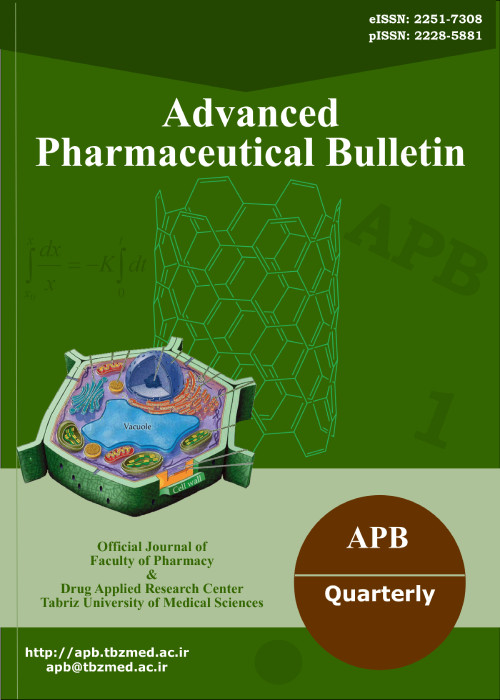Toll-Like Receptors in the Pathogenesis of Autoimmune Diseases
Author(s):
Abstract:
Human Toll-like receptors (TLRs) are a family of transmembrane receptors, which play a key role in both innate and adaptive immune responses. Beside of recognizing specific molecular patterns that associated with different types of pathogens, TLRs may also detect a number of self-proteins and endogenous nucleic acids. Activating TLRs lead to the heightened expression of various inflammatory genes, which have a protective role against infection. Data rising predominantly from human patients and animal models of autoimmune disease indicate that, inappropriate triggering of TLR pathways by exogenous or endogenous ligands may cause the initiation and/or perpetuation of autoimmune reactions and tissue damage. Given their important role in infectious and non-infectious disease process, TLRs and its signaling pathways emerge as appealing targets for therapeutics. In this review, we demonstrate how TLRs pathways could be involved in autoimmune disorders and their therapeutic application.
Keywords:
Language:
English
Published:
Advanced Pharmaceutical Bulletin, Volume:5 Issue: 5, Dec 2015
Pages:
605 to 614
magiran.com/p1508178
دانلود و مطالعه متن این مقاله با یکی از روشهای زیر امکان پذیر است:
اشتراک شخصی
با عضویت و پرداخت آنلاین حق اشتراک یکساله به مبلغ 1,390,000ريال میتوانید 70 عنوان مطلب دانلود کنید!
اشتراک سازمانی
به کتابخانه دانشگاه یا محل کار خود پیشنهاد کنید تا اشتراک سازمانی این پایگاه را برای دسترسی نامحدود همه کاربران به متن مطالب تهیه نمایند!
توجه!
- حق عضویت دریافتی صرف حمایت از نشریات عضو و نگهداری، تکمیل و توسعه مگیران میشود.
- پرداخت حق اشتراک و دانلود مقالات اجازه بازنشر آن در سایر رسانههای چاپی و دیجیتال را به کاربر نمیدهد.
In order to view content subscription is required
Personal subscription
Subscribe magiran.com for 70 € euros via PayPal and download 70 articles during a year.
Organization subscription
Please contact us to subscribe your university or library for unlimited access!


